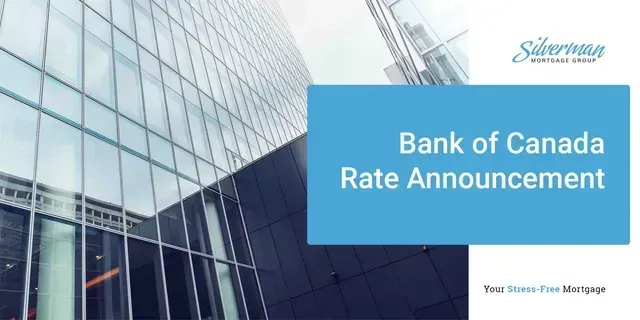Top Dollar: How High Can You Go?
Silverman Mortgage | November 27, 2018
Affordability is a major concern for today’s aspiring first-time homebuyers. In hot real estate markets like the Greater Toronto and Greater Vancouver regions, however, the desire for affordability can be challenged by the competitive fervour caused by escalating prices and bidding wars. As anyone who has researched homeownership in these markets knows, it’s easy to feel the pressure to bid higher than you’d like.
Resist the urge. It’s important to go house hunting with a firm price range in mind. If something is outside of your budget, it’s not affordable – period. A successful home purchase isn’t about beating out 20 other offers; it’s about sealing the deal on a home you can afford, with money left over each month after your mortgage is paid, to cover your other expenses, savings and a little bit of fun, too.
It’s a tall order, but there is a formula to help you find that sweet spot.
Find Your Right Price
Lenders and mortgage insurers look at two debt service ratios when qualifying you for a mortgage (and mortgage insurance, which you will need if you make a down payment of less than 20 per cent the cost of the home).
- Gross debt service (GDS)
The carrying costs of your home, such as mortgage payments, taxes, heating, etc., relative to your income. - Total debt service (TDS)
Home carrying costs (mortgage payments, taxes, heating, etc.) plus your debt payments (credit cards, student loans, car loans, etc.), again relative to your income.
The highest allowable GDS ratio is 39 per cent, and the highest allowable TDS ratio is 44 per cent.
Want a shortcut to determining affordability? Use Genworth.ca’s “What Can I Afford?” online mortgage calculator. Input your income, current monthly debt payments and other details for an instant result that shows how much mortgage you can comfortably afford. (Note: For the interest rate, be sure to input the Bank of Canada’s conventional five-year mortgage rate, as that is what lenders use when determining GDS and TDS.)
Down Payment Strategies
Once you know how much mortgage you can manage, limit your house hunt to homes that keep you in that price range. That way, you won’t panic or find yourself in financial trouble if interest rates go up in the future.
You can buy “more house” for the same total mortgage if you have a larger down payment. Saving aggressively is one way to do that. Pair that with other strategies, such as the following:
- Borrowing money from your RRSP under the government’s Home Buyers’ Plan.
- Asking family for help via gifts or loans. (Don’t be embarrassed: 23 per cent of respondents in the 2017 Genworth Canada First-Time Homeownership Study say they’d do it!)
- Taking on a side gig or second job.
- Gulp! Moving back home with your parents so you can save on rent.
Location, Location, Location
The other way to end up with a smaller mortgage is to buy a less pricey house. Fixer-uppers help, but the most dramatic payoff may come from expanding your search to a wider radius.
Consider buying in a nearby city or suburb that you can commute to work from. Or blaze new ground by moving farther afield in search of a new home and new adventures – with the spare cash to enjoy them both!
This article is part of Genworth Canada's Guide for Millennial Homebuyers .It was originally published online here.







